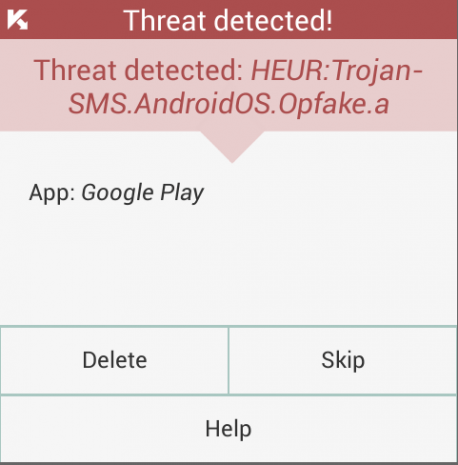
Critical systems and bottlenecks
A critical civilian system goes down – it’s a scenario that evokes some apocalyptic pictures of destruction and mayhem; remember, for instance, “Die Hard 4.0”? Actually this could happen with any corporate infrastructure, since all of them have certain critical systems of their own.
 911
911
 Linux
Linux
 cyber-security
cyber-security
 Cybersecurity
Cybersecurity







 cybercrime
cybercrime

 Bash Bug
Bash Bug




